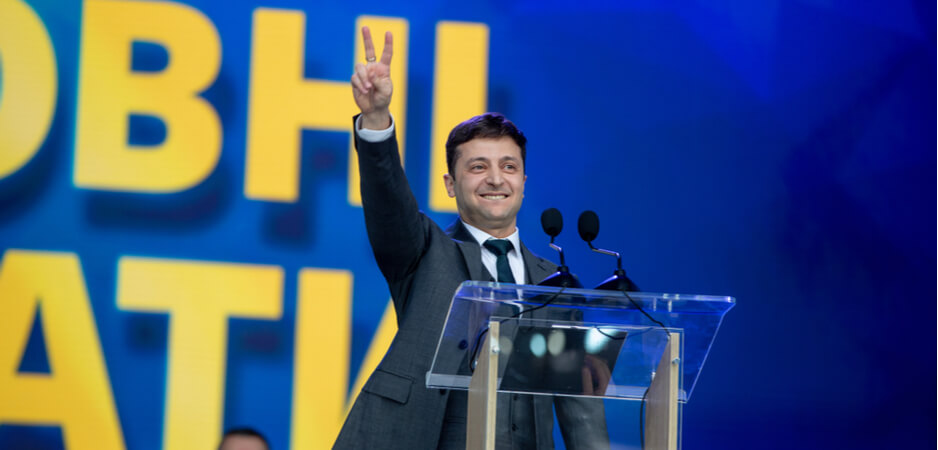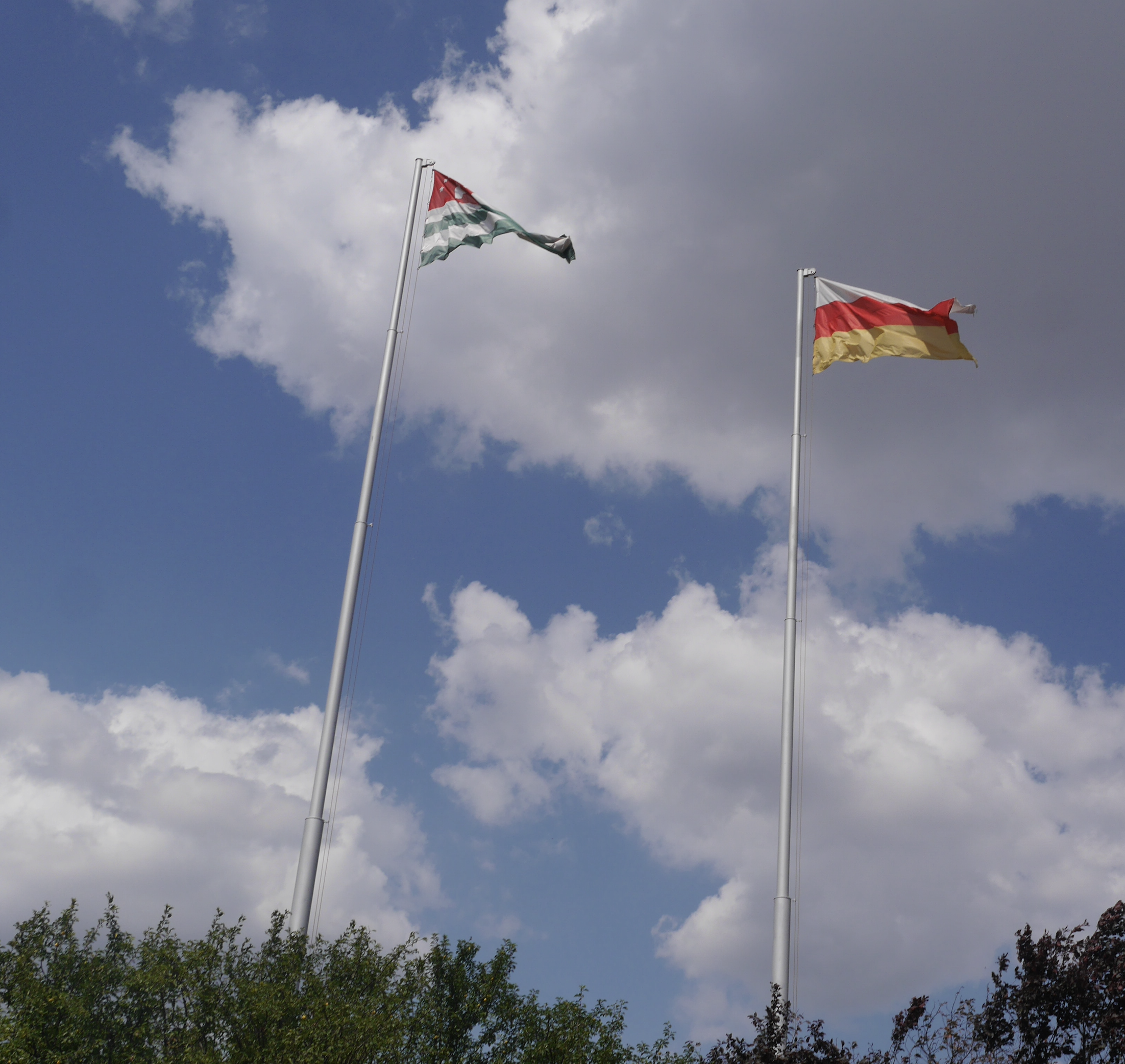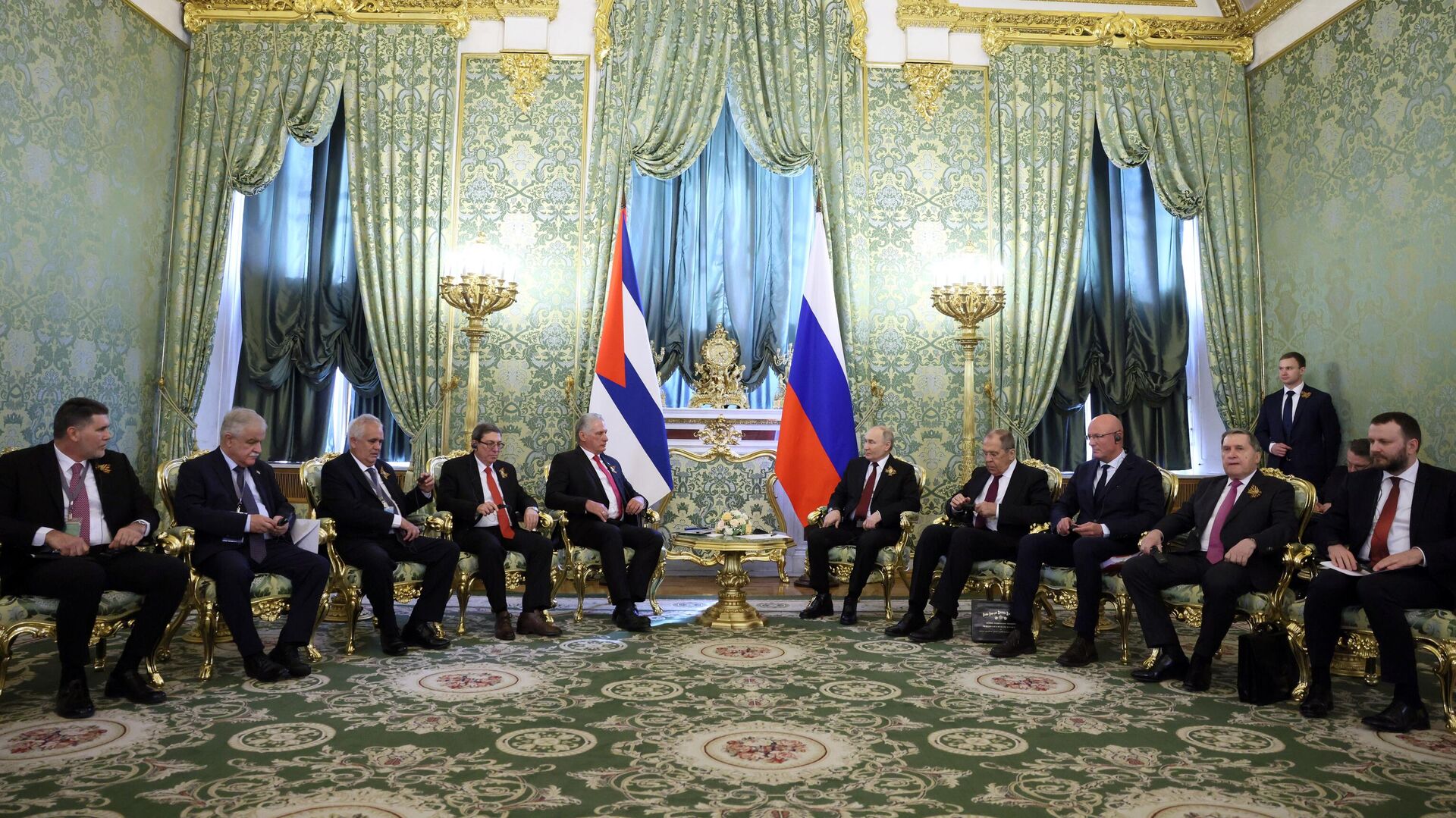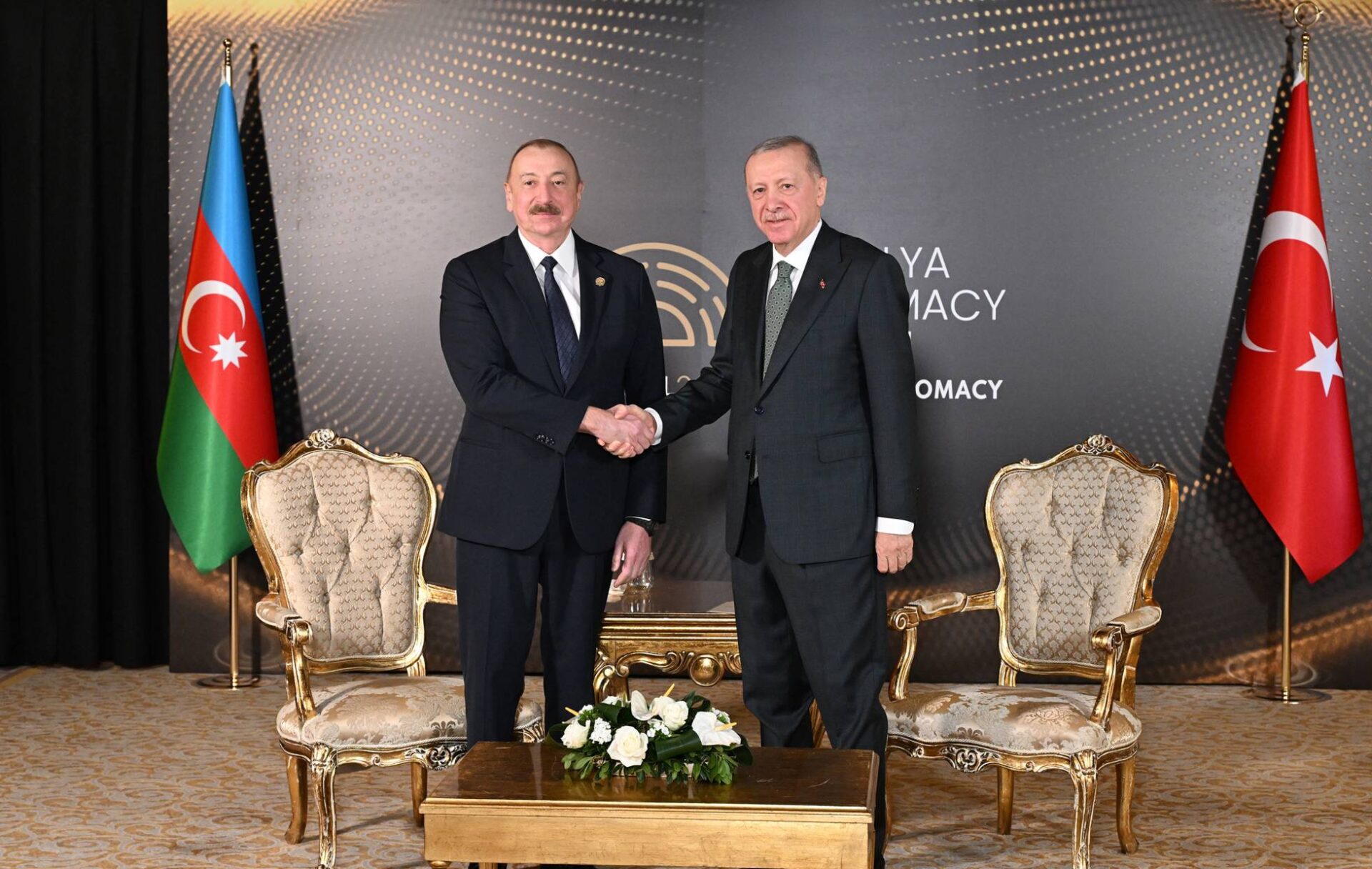
Implacable Adversity: Moscow’s Response to Zelensky’s Election in Ukraine (Part One)
Implacable Adversity: Moscow’s Response to Zelensky’s Election in Ukraine (Part One)
Moscow is treating Ukraine and its newly elected president, Volodymyr Zelensky, with the same implacable hostility as it did during Petro Poroshenko’s presidency. The Kremlin has not taken even a brief time-out that would have allowed it to assess Zelensky’s first decisions and the staffing of his administration in the wake of the April 21 presidential election (see EDM, April 25).
Given the Kremlin’s demonization of Poroshenko and its “anybody-but-Poroshenko” line during Ukraine’s presidential election campaign, Moscow might have been expected to allow a respite at least as a tactical move in this long-term confrontation, perhaps to lure the inexperienced Ukrainian president into a dialogue on Moscow’s terms. Zelensky, after all, does not carry the baggage of the “Maidan coup d’état,” “fascist junta,” and “Donbas-suppressor,” nor (by any stretch) that of “Ukrainian nationalism.”
Yet, instead of a wait-and-see pause, or at least maintaining the same level of confrontation, Moscow has actually escalated it. Mindful of Western admonitions against military escalation, it has escalated on the economic and political levels. The Kremlin initiated the escalation several days ahead of Ukraine’s election date, when Zelensky’s landslide victory over Poroshenko was already a certainty.
The measures chosen are preemptive in their character and timing, designed to step up the various sources of pressure on the post-Poroshenko regime. Following the October parliamentary elections, there will also be a new government in Ukraine. But Russia’s latest measures are consistent with its long-term policy to thwart Ukraine’s economic growth, foment political instability, and manipulate the Donbas conflict with a view to obtaining Russian droits de regard over the country as such.
On April 18, Prime Minister Dmitry Medvedev announced a set of decisions by the Russian government to ban or restrict exports of vital energy products to Ukraine. Effective from that date, exports of Russian crude oil and a wide range of oil derivatives and petrochemicals to Ukraine are banned outright. Effective from June 1, exports of gasoline, diesel fuel, liquefied gases, hard coal, and coke shall only be possible by permission of Russia’s Ministry of Economy and other government agencies, through special licenses on a case-by-case basis. In the same move, Medvedev announced a ban on Russian imports on a wide range of Ukrainian products in the heavy and light industries (Kommersant, April 18, 19; TASS, April 24).
The export restrictions on liquid fuels and industrial coal should create wide scope for Russian manipulation and negotiating leverage. Supplies can be withheld, or, alternatively, be released in return for some Ukrainian concessions in other areas. With licenses to be approved on a case-by-case basis, Moscow could compel or tempt Ukrainian organizations, officials, or “oligarch” industrialists into bargaining to obtain the conditional release of supplies. Ukraine could resort to import substitution, first and foremost from Belarus for diesel and gasoline (unless Russia disrupts crude oil deliveries to Belarusian refineries). The re-routing of supplies from other directions will impose additional, transportation-related costs, and some new suppliers are likely to charge premium prices.
On April 24 and May 1, Russian President Vladimir Putin issued decrees on granting Russia’s citizenship en masse to residents of the Russian-controlled territories in Ukraine’s Donbas. This move (“mass-passportization”) negates the legal status of Donetsk and Luhansk as Ukrainian territories and of their residents as Ukrainian citizens (see EDM, May 1, 2).
Capping earlier moves to absorb this area de facto into Russia, the passportization represents a dramatic escalation of the conflict at the political level. Russia, in effect, annexes the population, still without acknowledging the territorial annexation, but cementing it. For the first time since the 2014 occupation, Russia creates a “legal” cover—namely, the conferral of Russian citizenship—to justify Russia’s military presence and political protectorate over this part of Ukraine. This fait accompli, ahead of a peace settlement, intends to render any solution impossible except on Moscow’s interpretation of the Minsk “agreements”: reinserting this territory into Ukraine nominally, under a Moscow-supervised and -protected special status, and (henceforth) with its “Russian” citizenry. The intention is to create an insurmountable bloc of pro-Russia voters in Ukraine’s elections and balance-holding factor in its parliament, so as to derail the country from its westward course.
Moscow is thereby confronting the new Ukrainian president—and, soon, a new government—with the dilemma of either protecting Ukraine’s sovereignty and refusing to negotiate on such a basis, or, alternatively, facing a protracted military stalemate and forfeiting the occupied territories. Either course of action would saddle the new Ukrainian president and government with heavy domestic and international costs.
Russia is still withholding an official acknowledgment of Zelensky’s election as president. The Kremlin has not taken even the routine step of releasing a congratulatory telegram or equivalent gesture through a spokesperson. Instead, the Kremlin and the Ministry of Foreign Affairs have “taken notice of the election’s results” and will “respect the choice of the people of Ukraine” (Bloomberg, April 22)
This stance is a part of Moscow’s preparations to influence Ukraine’s parliamentary election campaign, which will start shortly after Zelensky’s official inauguration as president. Russia’s hostile response to Zelensky’s election, and attacks on him on state television channels, aim to draw a deep wedge between the president’s Servant of the People (which will contest the parliamentary elections) and the voters in Ukraine’s east and south. Zelensky won overwhelmingly there (as he did throughout Ukraine) in the presidential election.
Moscow, however, will try to reopen that fault line by mobilizing Ukraine’s east and south to vote for pro-Russia parties. Moscow is vested in the Opposition Platform–For Life party, led by Yurii Boyko (third-placed in the presidential election just held, first-placed in the Ukrainian-controlled part of the Donbas) and Viktor Medvedchuk (federalization proponent, and capitalizing on a personal relationship with Putin). The Kremlin’s goal in these elections is for this party to exploit the political fragmentation of the new Ukrainian parliament, bargain its way into a governing coalition and influence it from within.


